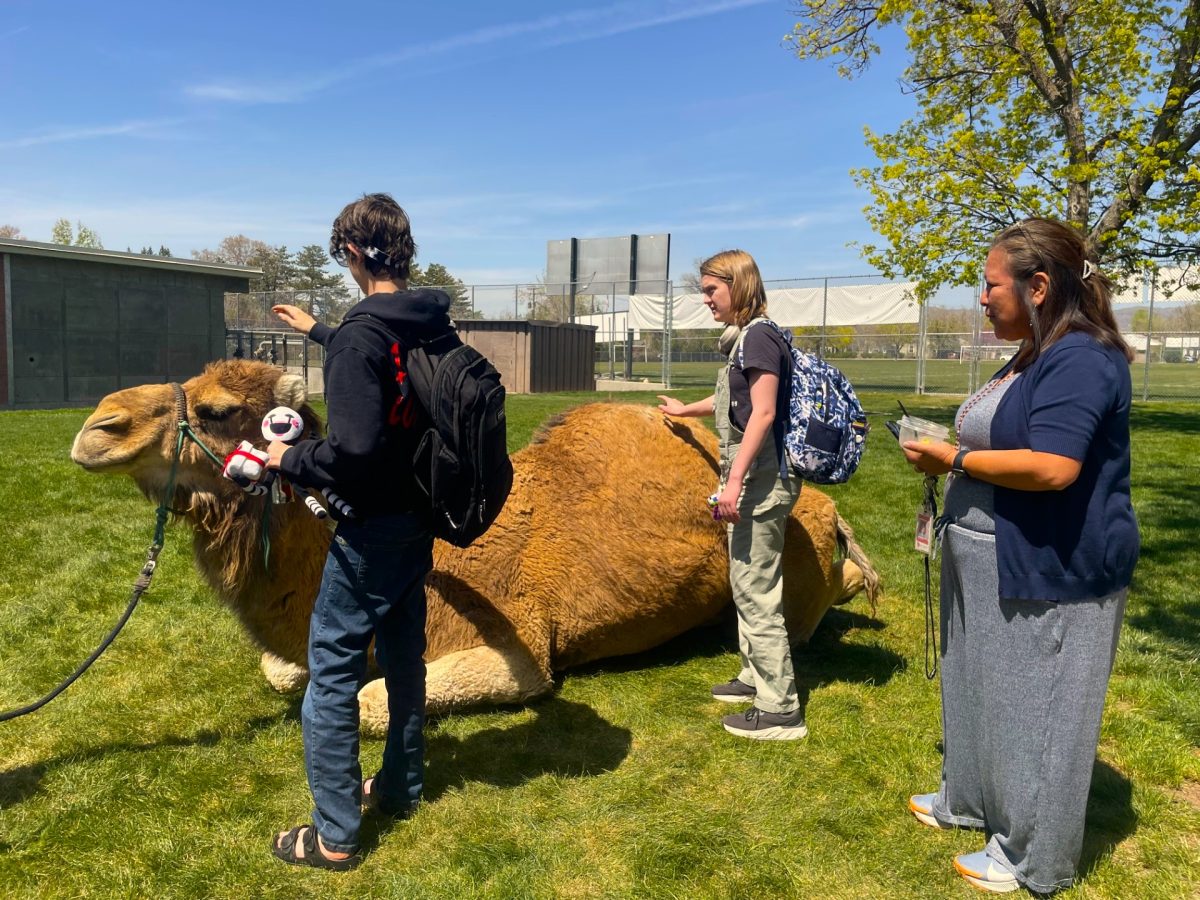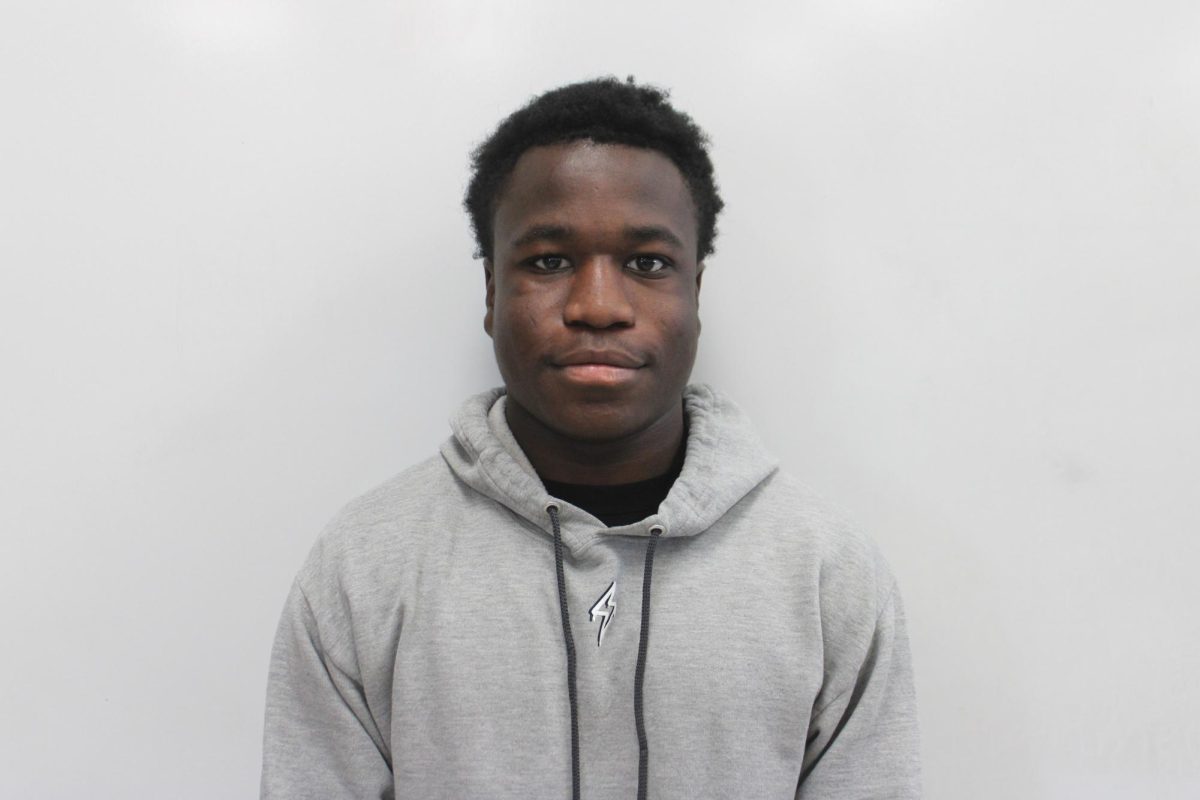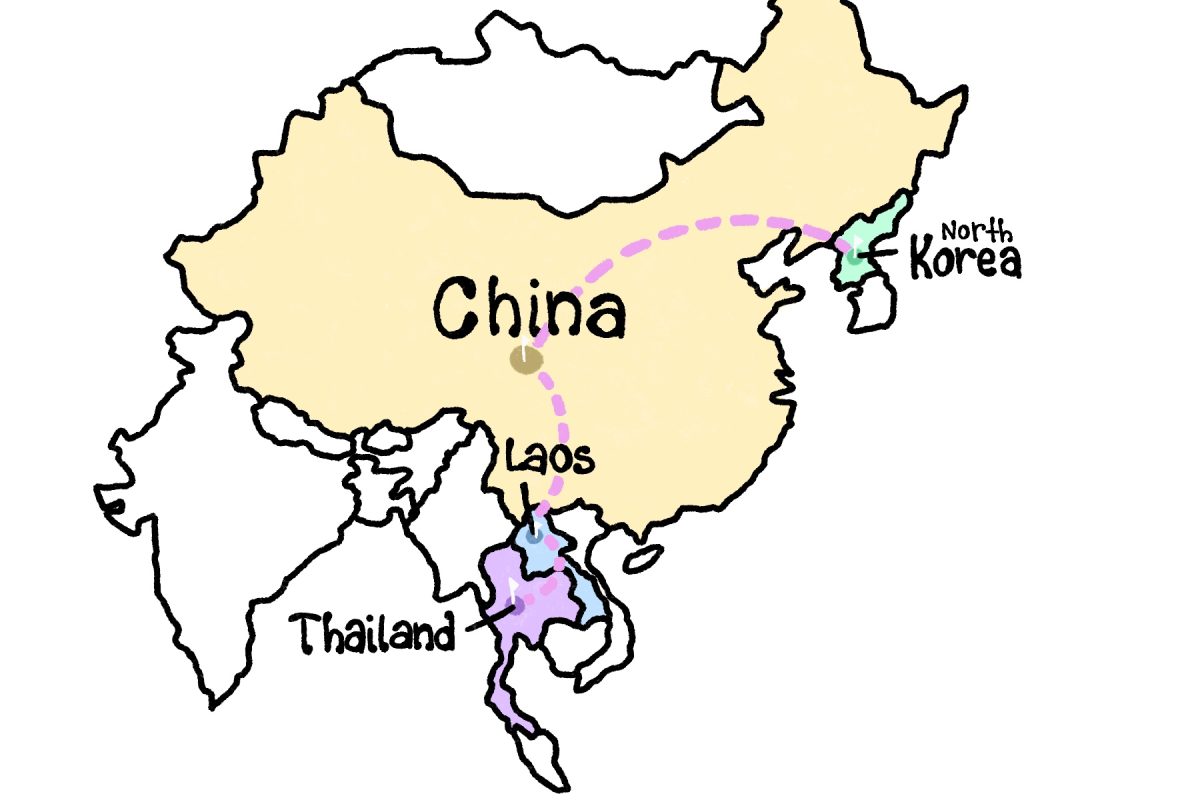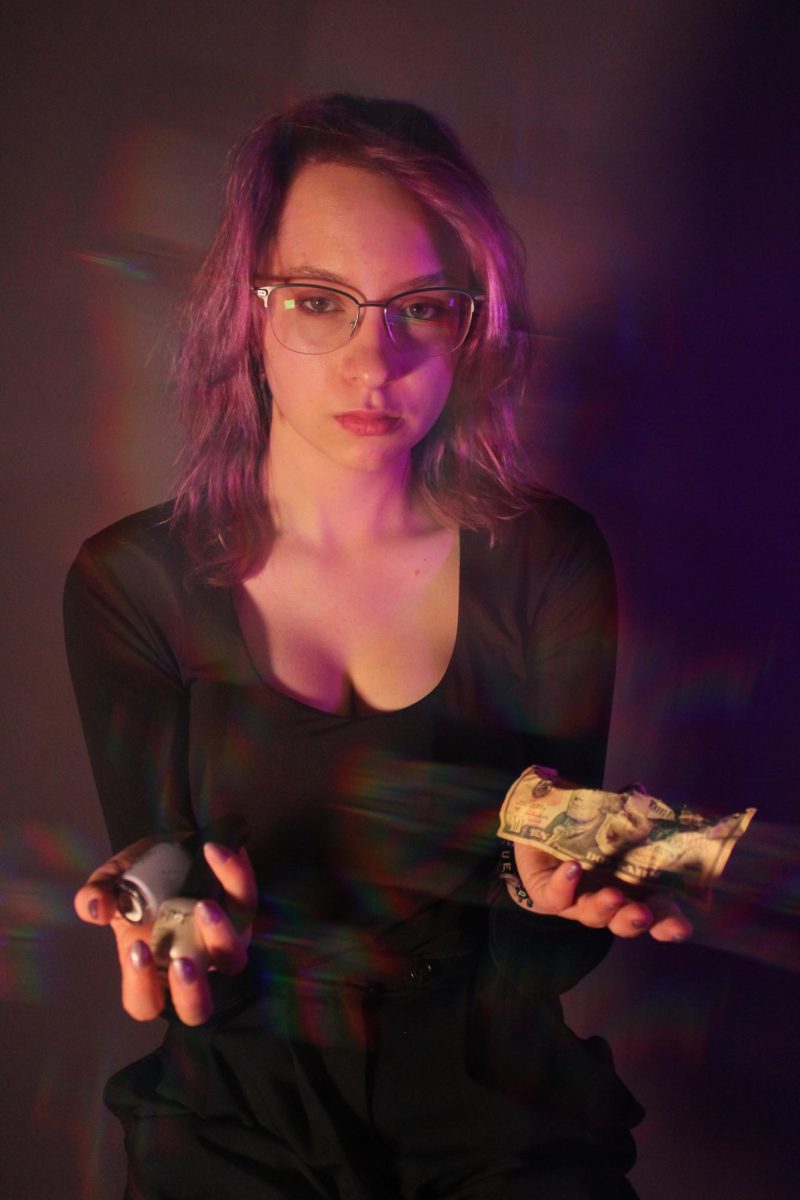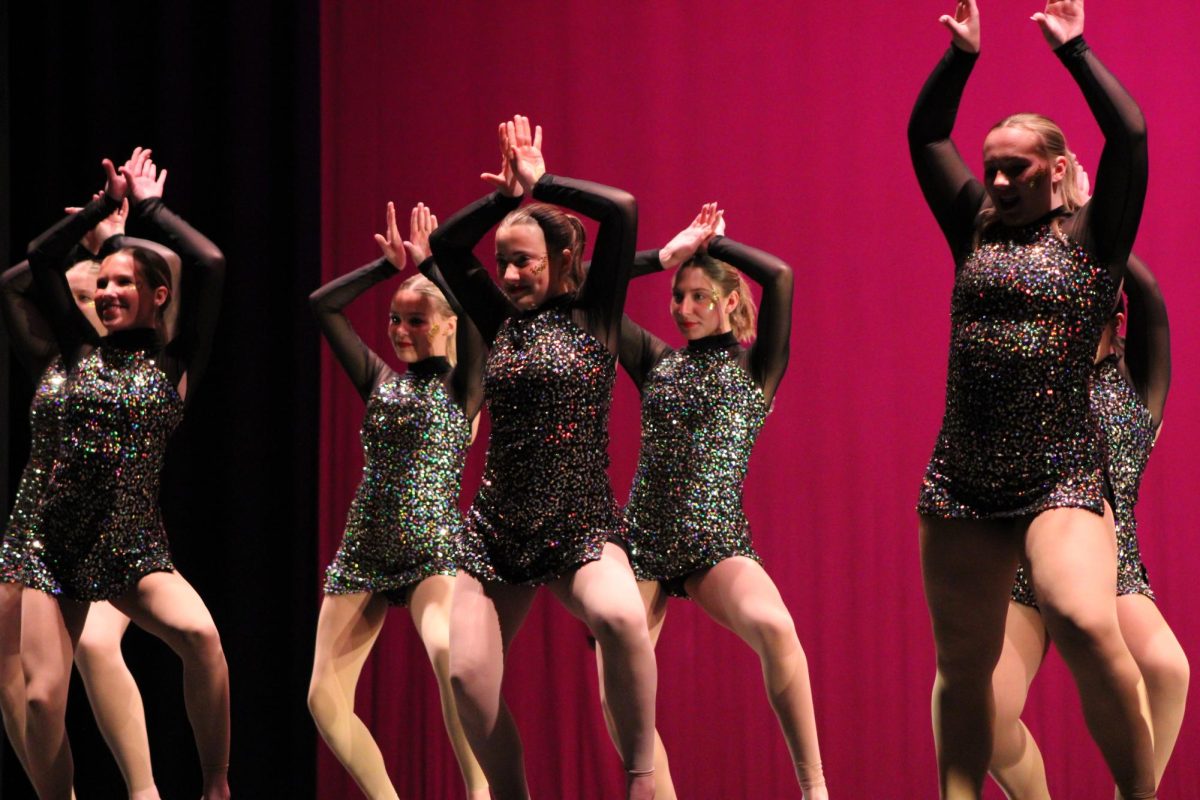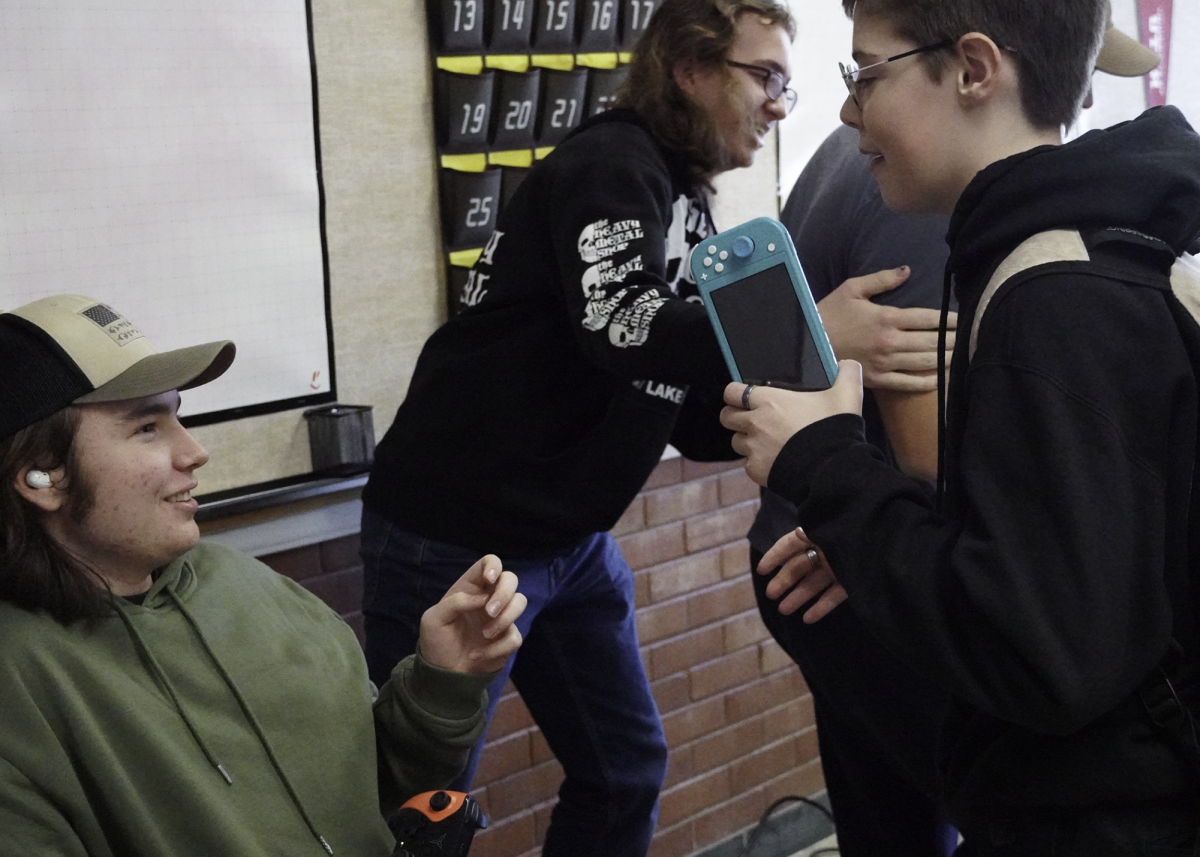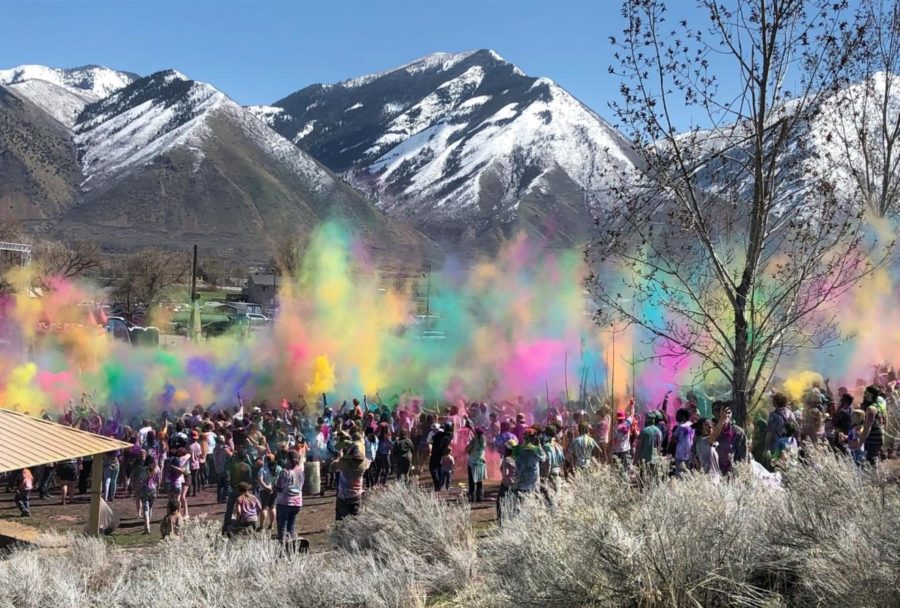Holi, Festival of Colors
April 5, 2019
Holi, or Holika is an ancient Hindu holiday that has been celebrated for hundreds of years. Recently the U.S. has seen an adaption of this holiday through the event organization Holi, Festival of Colors. This event has been traveling around the U.S. and will be coming to Salt Lake City on June 8th.
Holi, Festival of Colors is an event that travels to different Hindu temples to put on a lively festival. At the festival an array of colors can be seen decorating the skin and clothing of visitors at the site. This is the result of the main event, upon entrance guests can purchase packages of colored powder made from corn starch. This powder is used to lovingly toss on anyone you pass, whether you know them or not. All of the colors creates a masterpiece of hundreds of attendants proudly displaying their brightly multi-colored selves.
According to the company website, Holi is originally derived from an old folktale of Holika, sister to the demon king, Hiranya Kashipu. In the folktale the demon king conquers all and becomes leader, he is however enraged by his sons undying devotion and admiration for Lord Vishnu. Either as punishment or revenge, the demon king orders his son to be burned in fire. The demon king’s sister, Holika is immune to fire and is therefore tasked with carrying out his son’s punishment. However, as Holika is carrying Prahlad into the fire, she is burned by the flames while Prahlad remains unharmed. This symbolizes the destruction of evil and the triumph of good. Over the course of time it is more commonly celebrated as a way to welcome spring after the long and harsh winter.
In the way the Festival of Colors celebrates it, it is about both of these things, the triumph of love over hate and the arrival of spring. The history and culture of this festival can be felt all around, especially in the performances. Throughout the event there are many performances of cultural dance and song as well as the atmosphere of being right next to the temple. There are also more modern performances that recite saying such as, “love is the answer, love is the way.”
The cultural experience and sense of acceptance and love at these festivals has led to its success and expansion.


